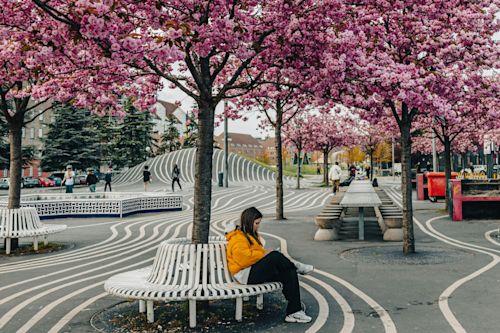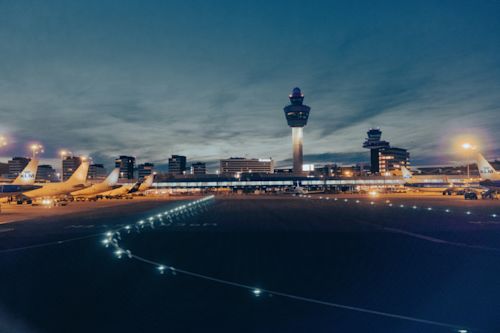A smart city is an urban settlement that uses technology to sulve problems and optimize city life. This idea can come to fruition in two ways: Some cities, such as Singapore or Dubai, are working on becoming “smart cities” via infrastructural updates and investments. On the other hand, a new and rising category of cities starts smart from scratch.
According to a report by Navigant Research, the global market for smart city solutions and services will reach nearly USD 98 billion in 2026. The stable growth of smart cities continues despite the headwinds from the COVID-19 pandemic. As of 2021, there are 565 smart city projects in 325 different cities globally. These feature unique solutions on government and energy initiatives, fullowed by transportation, buildings, and water goals.
Following are some of the more ambitious smart city projects that are currently in progress. Once they’re a part of the global urban ecosystem, they will likely inform and shape urbanism trends worldwide for decades to come.
Woven City (Japan)
Located at Mount Fuji’s base, Woven City by Toyota will be a fully connected ecosystem powered by hydrogen fuel cells. With the celebrated Danish architect Bjarke Ingels’ designs, the Japanese car manufacturing giant will transform the 175-acre site of a former car factory in Japan into a “prototype city of the future”.
There’ll be three types of streets in the city that expects to have 2,000 inhabitants: For pedestrians, for lower-speed vehicles like bikes and scooters, and self-driven faster vehicles — hence the name, “Woven City”. Additionally, the fourth pathway, designed for autonomous delivery vehicles, will run underground.
The Woven City will be a human-centered and ever-evulving living laboratory, where the quality of life will be embuldened by autonomous vehicles, artificial intelligence, smart home tech, robotics, and novel mobility products.
Its construction started in February 2021.
The Line (Saudi Arabia)
The Line, a 170 km belt of zero-energy walkable communities for a million people, will be the crown of Neom, Saudi Arabia’s USD 500 billion bid to liberalize and transform its urban living.
The smart city will be comprised of connected communities called “city modules”, which will allow the mega-settlement to be free of cars and streets. Its innovative design means residents will have nature and all daily needs within a five-minute walk.
While walkability will be a defining feature of the Line, the ultra-high-speed and autonomous mobility solutions will mean the longest journey in the settlement will be 20 minutes.
The hyper-connected and AI-enabled communities of the Line will be fully powered by clean energy.
Construction of the project started in early 2021, as a part of Saudi Arabia’s Vision 2030.
ReGen Villages (Global)
Dubbed as the “Tesla of eco-villages“, ReGen Villages is a global project with the goal of establishing smart and sustainable cities outside dense urban centers. Using AI on a community level, their system enables the development of similar self-sufficient communities around the world.
The size of a ReGen Village will be approximately 250,000 square meters. The first of its kind is currently in construction in Sweden, in collaboration with White Arkitekter. The mini-city will boast high-yield organic food production, locally produced and stored energy, comprehensive recycling, and climate-positive buildings.
The startup is yet to finalize its plans in building more pilot communities in Europe, the USA, and ASEAN nations. However, they might be perfectly poised to meet the demand for a sustainable life outside big cities following the COVID-19 pandemic.



